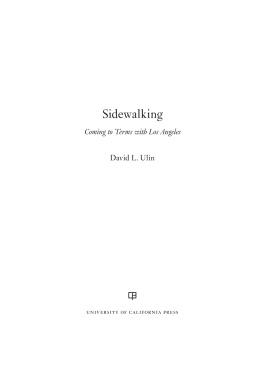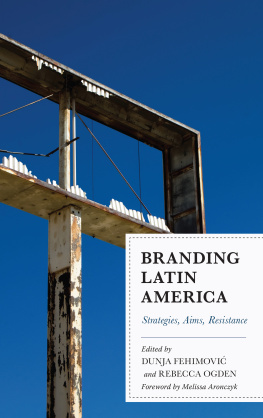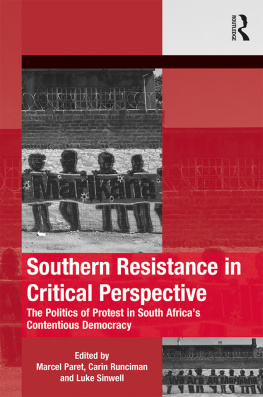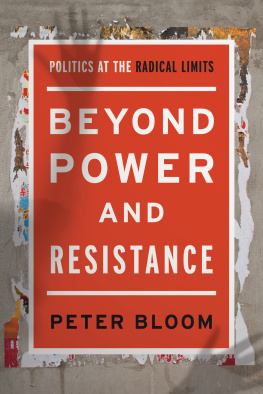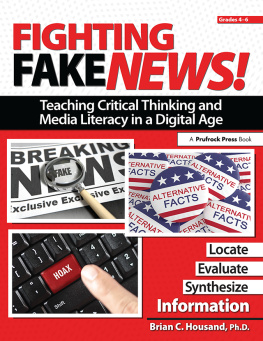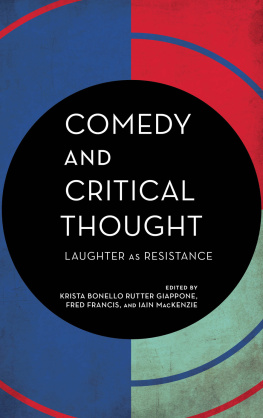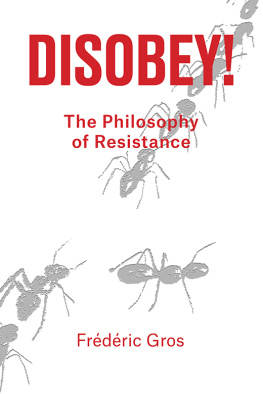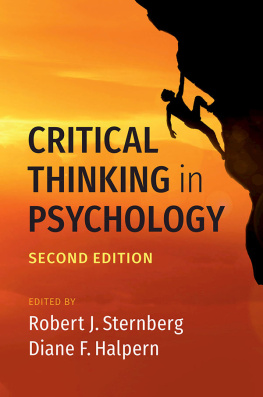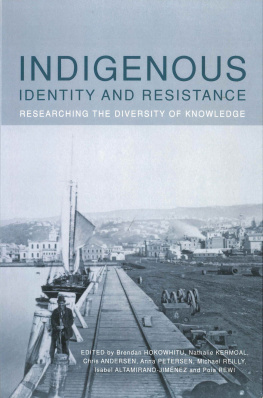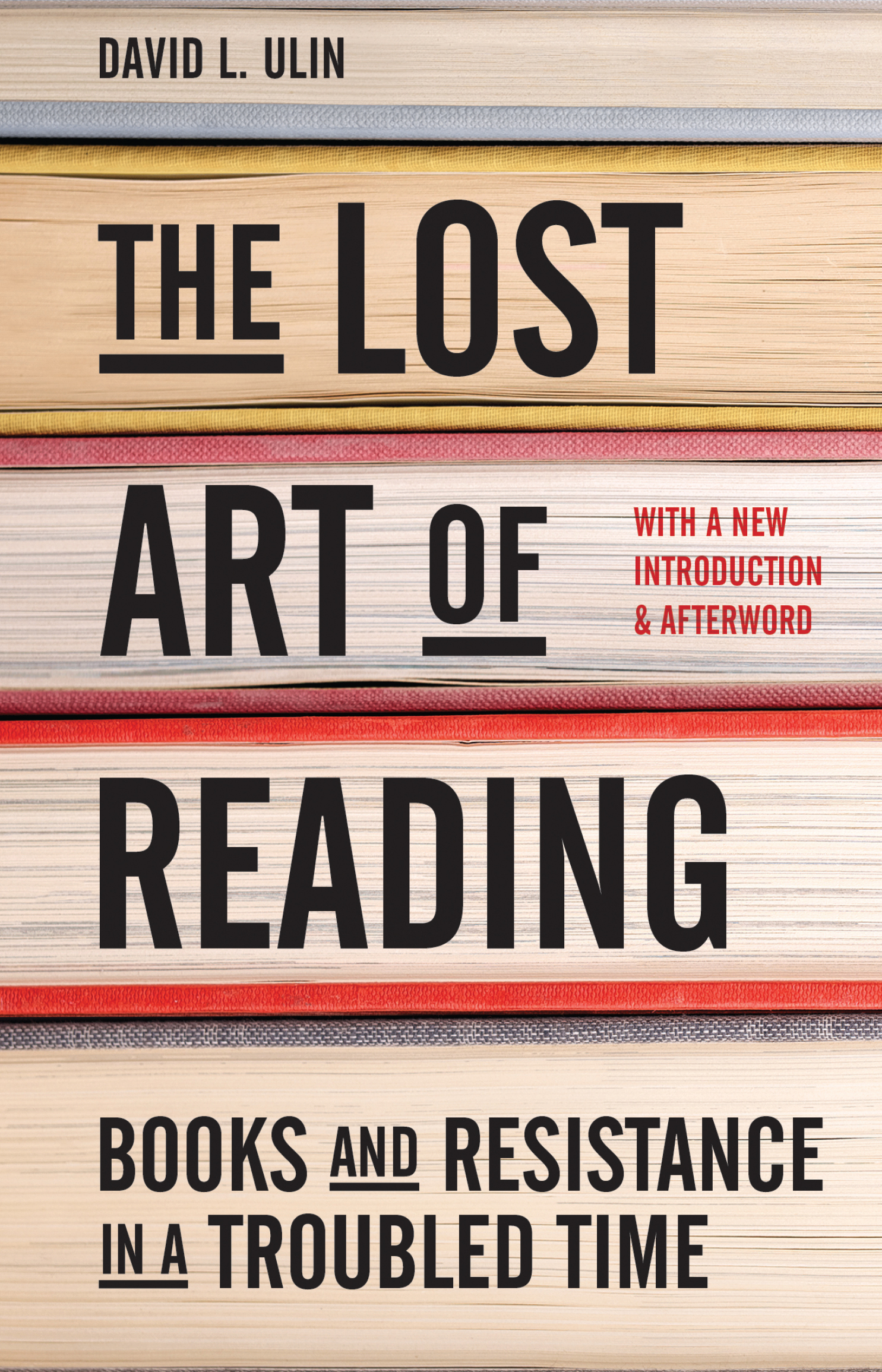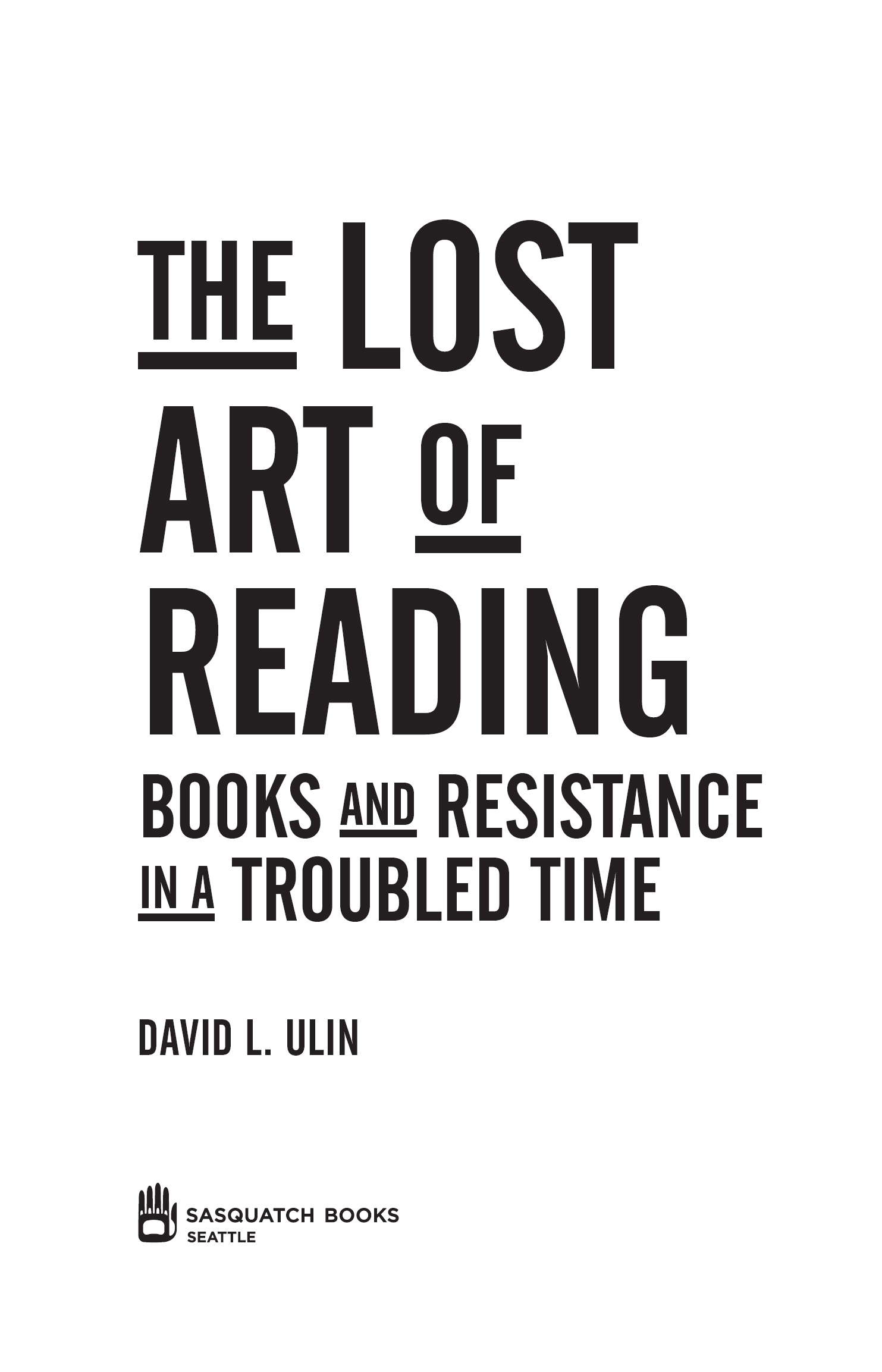Contents
Copyright 2010, 2018 by David L. Ulin
All rights reserved. No portion of this book may be reproduced or utilized in any form, or by any electronic, mechanical, or other means, without the prior written permission of the publisher.
Published by Sasquatch Books
The Lost Art of Reading is based on an essay that appeared in the Los Angeles Times on August 9, 2009.
Other material in this book originally appeared, in significantly different form, in the Los Angeles Times, LA Weekly, Columbia Journalism Review, Bookforum, and the website ZinkZine. Some material in the introduction and the afterword was first developed in essays for the Literary Hub, the Los Angeles Times, and Nieman Storyboard.
A portion of the proceeds from the sale of this book will go to Sea Change Leadership PAC (www.seachangepac.org), a political action committee working to support the resistance movement and progressive candidates for office.
Editor: Gary Luke | Production editor: Bridget Sweet
Cover design: Anna Goldstein | Interior design: Bryce de Flamand
Cover photograph: iStockPhoto.com | RG-vc
Library of Congress Cataloging-in-Publication Data
Names: Ulin, David L., author.
Title: The lost art of reading : books and resistance in a troubled time / David L. Ulin.
Description: Second edition. | Seattle, WA : Sasquatch Books, [2018] | Based on an essay that appeared in the Los Angeles Times on August 9, 2009.
Identifiers: LCCN 2018014337 | ISBN 9781632171948 (Hardcover)
Subjects: LCSH: Books and readingPsychological aspects. | Information society. | LiteraturePhilosophy. | Ulin, David L.Books and reading. | BISAC: LITERARY CRITICISM / Books & Reading. | LITERARY COLLECTIONS / Essays. | POLITICAL SCIENCE / Essays.
Classification: LCC Z1003 .U45 2018 | DDC 028/.9dc23
LC record available at https://lccn.loc.gov/2018014337
ISBN:9781632171948
Ebook ISBN9781632171955
Sasquatch Books | 1904 Third Avenue, Suite 710 | Seattle, WA 98101 (206) 467-4300 | SasquatchBooks.com
v5.3.2
a
For Rae, Noah, and Sophie
you are the fire that will always burn
Contents
ACKNOWLEDGMENTS
Even the most personal book is an exercise in collaboration, but The Lost Art of Reading has been more collaborative than most. I first developed the ideas here in an essay for the Los Angeles Times, where I had the privilege and the pleasure of writing about books for many years. Id like to thank the Times for allowing me to pursue these passionsbut most of all, Id like to thank my editor there, the incomparable Orli Low, for making me a better writer by always pushing me to question my assumptions and dig more deeply into the material.
The Lost Art of Reading would not exist without Gary Luke at Sasquatch Books, who approached me about expanding my original essay and then gave me the space and breadth to do the work. Nor would it exist without my agent, Bonnie Nadell, who is, as she has always been, a voice of reason and support. Mark Haskell Smith, Carolyn Kellogg, Dinah Lenney, Fred Mills, Matthew Zapruder, and Maret Orliss all helped, at various points, with ideas and inspiration; their voices, too, inform the book. Then, of course, theres my wife, Rae Dubow (light of my life, to steal a line from Nabokov), without whom none of this would matter; our daughter, Sophie, perhaps the most vigorous reader in the family; and our son, Noah, who once again has graciously allowed me to evoke him in a book.
As I worked on The Lost Art of Reading, I became aware of just how long Ive been thinking about these issues and what, exactly, reading means to me. That should be obvious, I suppose, but its amazing how much we take for granted, especially when it comes to what we love. Indeed, one of the finest rewards of this project was the opportunity it afforded me to collaborate with the writers Ive revered across a lifetime, all the work that continues to mean so much to me. This book, then, is their book also, an expression of the back-and-forth, the ongoing conversation, that resides at the heart of how and why we read.
For this new edition, I added an introduction and afterword that seek to contextualize (if not make sense of) my earlier thinking in light of current events. Once again, Id like to offer my gratitude to Gary Luke and Bonnie Nadell for their help in the preparation of this material, as well as Jonny Diamond at the Literary Hub, Susan Brenneman at the Los Angeles Times, and Kari Howard at Nieman Storyboard for encouragement and editorial intervention, as well as fellowship in these dark and disturbing days.
If everybody was silent for a yearif we could just stop this endless forward stumbling progresswouldnt we all be better people? I think probably so. I think that the lack of poetry, the absence of poetry, the yearning to have something new, would be the best thing that could happen to our art. No poems for a solid year. Maybe two.
Nicholson Baker, The Anthologist
INTRODUCTION
THE NECESSARY NARRATIVE
Early in May 2017, the Transportation Security Administration initiated a pilot program at two domestic airports in which travelers were told to remove paper productsbooks, notebooks, and other documentsfrom carry-ons before X-ray screening. I know: at this point, when the news cycle seems to have sped up as if through time dilation, that reads like ancient history, especially since less than two months later, the TSA announced that testing had been completed and there were no intentions of instituting those procedures nationwide. All the same, bear with me, because suspended or otherwise, such a program has something to tell us about who and where we are. In the first place, the TSA may not have been true to its word, exactly; this past September, in Orlando, the agency released a statement affirming new procedures for travelers to divest their electronics larger than a cell phone, liquids, and other items that may give a cluttered image to the X-ray operator. The other items can include food, books, and magazines.
More to the point, weve been here before. In October 2001, the American Library Association announced its opposition to the Patriot Act, particularly Section 215, the so-called library records provision, which required librarians to turn over the records of patrons when asked to do so by law enforcement. That provision was sunsetted out of existence in 2015, but the aftereffect lingers like (to borrow a phrase from Don DeLillo) an airborne toxic event. Censorship is never over for those who have experienced it, Nadine Gordimer once observed. It is a brand on the imagination that affects the individual who has suffered it, forever. What shes describing is a state of fear. Something similar might be said in regard to the TSA, which is not in the business of security so much as it is in the business of security theater: a form of magical thinking, Bruce Schneier, a fellow at Harvard Universitys Berkman Klein Center for Internet & Society, has written, that relies on the idea that we can somehow make ourselves safer by protecting against what the terrorists happened to do last time. Schneiers right. There is no point, no value, in making travelers take off their shoes because one time, a lone individual tried to blow up an airplane with a sneaker bomb. In the United States, however, we have lost the thread of logic in the stories that we tell. Just think about the headlines during the first twelve months of the Trump administration: the Muslim ban and the immigration raids, the Russia collusion investigation, the pussy-grabbing and the paid-off porn star. Just think about the racist rhetoric that runs, like excrement, from the presidents mouth. On the one hand, America has always been a racist country. On the other, that has never before been rendered as acceptable. No, we are in the midst of a broken story, and we have lost the ability to parse its lines. Stories, Ive long believed, are connective, the only tool we have to reach out of our isolation, regardless of how fleetingly. This is as close as I get to faith, this notion that narrative can save us, even (or especially) if we cannot, finally, be saved. And yet, living in this place and time, I wonder whether thats another disrupted narrative. What if stories are not what we need, not what brings us together, but rather, as Schneier asserts, what we fear?


